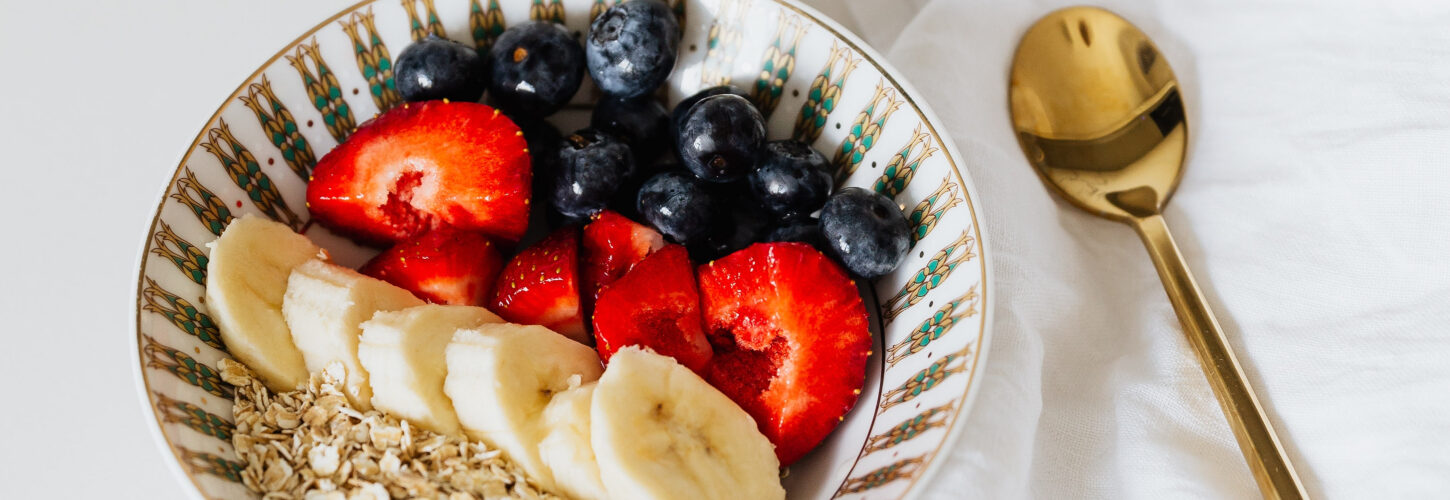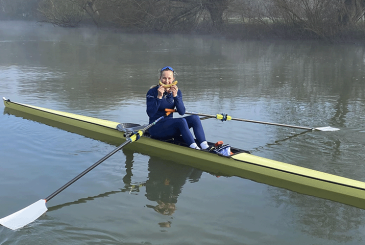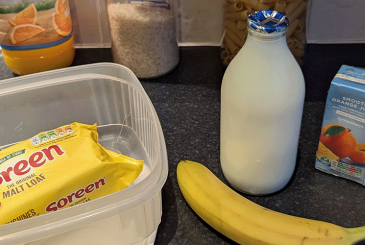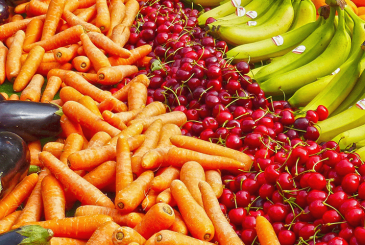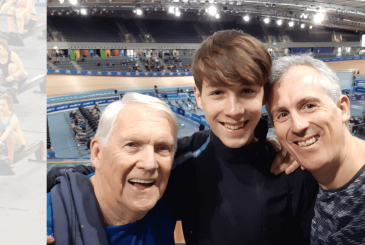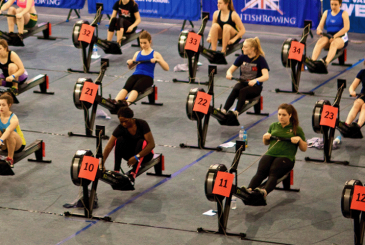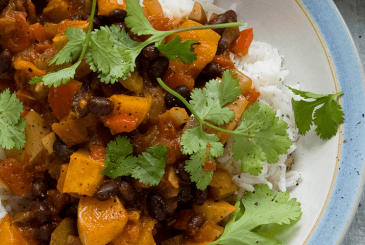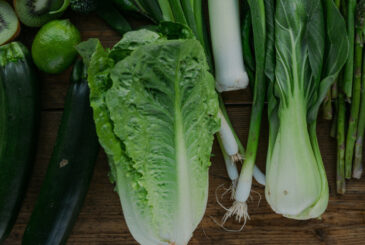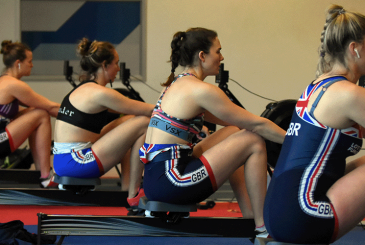Hatty Bates, Performance Nutritionist for British Rowing, shares advice on recovery strategies to help you maximise your training
A crucial component of any rower’s recovery strategy is nutrition. Post-training nutritional strategies aim to refuel and rehydrate the body, promote muscle repair and growth, enhance training adaptations and support the immune system. This article will explore the idea of the three “Rs” of recovery – refuel, rebuild and rehydrate.
A two-step process: before and after training
Some rowers may benefit from splitting their recovery strategies into two parts with a post-training snack first, followed by a post-training meal. Aim to have a post-training snack as soon as possible, or within one hour of finishing training. This is often referred to as the “window of opportunity” and is when your muscles are best primed to use nutrients, especially carbohydrate. In addition, it is important to have a post-training meal which should be consumed within two to three hours after training.
Proactive recovery strategies will be especially important if you have two training sessions in close succession (e.g. less than eight hours apart). If this is the case for you, have plenty of snacks in your bag such as chocolate milk, cereal bars, bananas and beef jerky to accelerate the recovery process as soon as you are off the water.
Refuel with carbohydrates
After training, carbohydrates play an important role in restoring liver and muscle glycogen stores. Inadequate post-training carbohydrate consumption may leave you feeling lethargic and could affect the quality of your next training session as well as compromising the immune system.
Rowers should aim for a minimum of 1-1.2g of carbohydrate per kilogram of their body mass following training. As an example, for a 70kg rower this would equate to 70-84g of carbohydrate.
In general, post-training snacks should contain higher glycaemic-index (GI) carbohydrates such as cereal bars, rice cakes or malt loaf. Higher GI carbohydrates are rapidly digested and absorbed by the body causing blood glucose levels to elevate quickly, resulting in higher rates of muscle glycogen resynthesis. Post-training meals should contain complex carbohydrates such as sweet potato, basmati rice and wholemeal bread.
Post-training nutrition can have a significant impact on a rower’s ability to adapt and recover
Protein for repair
After training, protein plays a key role in muscle adaptations, recovery, and repair. Aim to consume at least 20-40g (or 0.3g of protein per kilogram of body mass) of high-quality protein as part of a post-training snack and meal.
High-quality protein includes those foods containing the branched-chain amino acid leucine, as well as all the other essential amino acids the body needs for repair. Including leucine-rich protein sources such as milk and eggs after training may stimulate muscle protein synthesis maximally owing to their effect on specific pathways.
In addition, research suggests that having a source of protein, notably casein, 30 minutes before bed, could be beneficial. Casein protein has been described as a “slow” protein, meaning that it takes longer to be digested and absorbed by the body compared to “fast” proteins like whey protein. This results in a sustained rate of amino acid absorption over several hours which is advantageous for recovery. Examples include foods such as milk, yoghurt and cottage cheese.
Rehydrate with fluids
Intense training can be thirsty work and therefore replacing the fluids and minerals lost through sweating is essential. The volume you need to drink will vary depending on several factors such as the intensity of training and environmental conditions.
Drinking a pint of water alongside your recovery snack and meal should help you to rehydrate sufficiently. However, some athletes may wish to employ “weighing-in and weighing-out” methods to help guide rehydration strategies.
Here, weigh yourself both immediately before and after a training session. The difference between these two measurements will indicate how much water you have lost through sweating. For every kilogram lost, you will need to drink 1.5 litres to rehydrate sufficiently.
This strategy may be particularly useful when training or competing in hot conditions. Fluid retention is also a key factor when it comes to rehydration. Drinking alongside your recovery snack and meal, as well as sipping on fluid, will help retain fluid in the body.
| Snacks containing 20g of protein and ~50g of carbohydrates | |
| Milk and a banana | 1 pint of milk and 1 small banana |
| Rice cakes topped with cottage cheese and cucumber and a glass of orange juice | 3 rice cakes, 4tbsp cottage cheese and 1 tall glass of orange juice |
| Muesli with Greek yoghurt and berries | 60g muesli, 150g Greek yoghurt and 2 large handfuls of frozen berries |
| Peanut butter and banana smoothie | 500ml milk, 1 banana, 1 tbsp peanut butter, 50g oats |
| Meals containing 20g of protein and ~70g of carbohydrates | |
| Scrambled eggs on bagels and an orange juice | 3 eggs and 2 wholemeal bagels plus 1 tall glass of orange juice |
| Chicken with rice and vegetables | 1 chicken breast, 90g rice and 2 large handfuls of vegetables |
| Salmon with sweet potato mash and vegetables | 1 salmon fillet, 1 large, sweet potato (~350g) and 2 large handfuls of vegetables |
| Three-bean chilli | 70g rice, 50g butter beans, 50g black beans, 50g kidney beans, tinned tomatoes, onion, garlic, mushrooms, pepper and chilli powder |
To recap
Post-training nutrition can have a significant impact on a rower’s ability to adapt and recover.
Aim to have a recovery snack (within one hour) and meal (within two to three hours) containing carbohydrate, high-quality protein and plenty of fruit and vegetables. Rehydrate sufficiently by drinking alongside meals and snacks.
Remember to be especially proactive with your recovery strategies if you have two training sessions in close succession.


